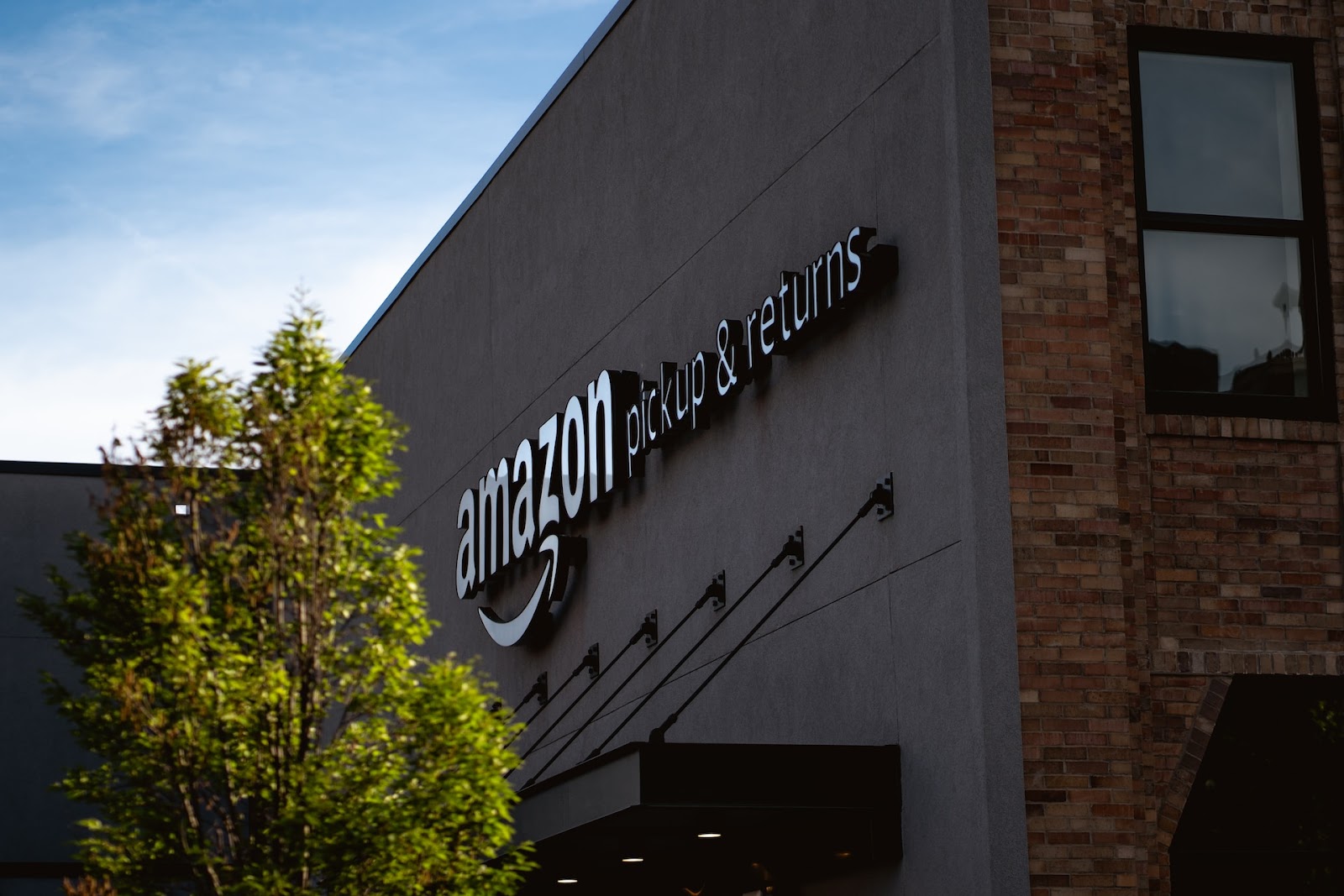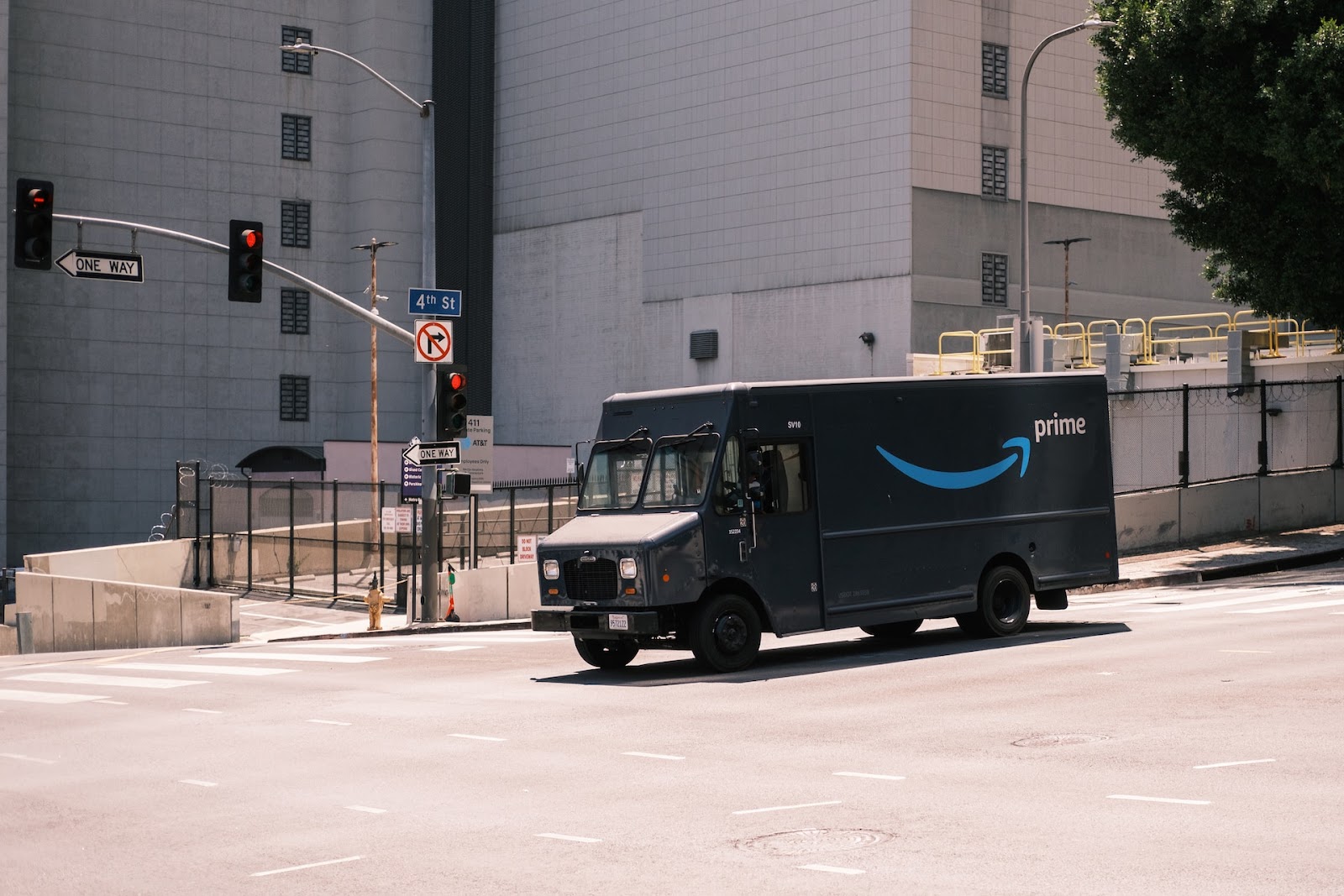Bernie Sanders and Elizabeth Warren have both demanded answers from Amazon over employee surveillance allegations. The two senators have accused Amazon of surveilling its employees, a claim which the company has strongly denied.
This article will explore the allegations of Amazon’s surveillance practices and provide a comprehensive overview of the dispute.
Background on Allegations
In January of 2021, news outlets reported that Amazon was utilizing automated systems to surveil its warehouse workers for signs of restlessness or frustration. In addition, a whistleblower reported that Amazon had installed sophisticated surveillance technology to monitor employees’ movements and performance, leading to concerns about potential violation of workers’ privacy rights.
Shortly after the reports surfaced, Amazon denied the allegations and clarified that their efforts were “focused on helping associates get their jobs done safely in these difficult times.” In addition, the company stressed its commitment to the safety and security of its employees by deploying “state-of-the-art machine vision technology” in certain warehouses. However, Amazon clarified that they do not use “AI or facial recognition technology as a basis for assessing performance.”
The company also sought to dispel concerns about privacy by noting that all data collected is used anonymously, and individuals are only identified if there is an urgent safety issue or if the employee opts-in for extra assistance. Additionally, Amazon pledged to provide clear information about sample surveillance technologies before implementing them at an individual site.
Bernie Sanders, Elizabeth Warren demand answers from Amazon over employee surveillance allegations
Recently, Senator Bernie Sanders and Senator Elizabeth Warren wrote a letter to Jeff Bezos, founder and CEO of Amazon demanding answers about allegations of employee surveillance.
Amazon has responded to the allegations and has denied that it is surveilling its employees. In this article, we’ll discuss Amazon’s response and its implications.

Denial of Employee Surveillance
On February 2nd 2021, Amazon was accused of unauthorized surveillance of its employees. Amazon quickly responded, stating, “Amazon does not use audio recordings to monitor employees for compliance reasons. In addition, we have strict policies and technology to prohibit employees from using another person’s voice data for any purpose, including to mistreat a customer or associate.”
While Amazon maintains that it does not and will not use audio recordings to monitor its employees, it acknowledges that the recordings are “initially processed by machine learning software to enable automated responses” when customers call in with their complaints or inquiries. However, further details were not provided regarding how long the recording would be stored and what type of information is obtained from the recordings.
It is important for employers and employees alike to understand the implications of employee surveillance in today’s workplace. If companies decide to utilize monitoring measures, they must adhere to strict privacy regulations to protect employee rights and privacy. It is also imperative that companies keep open channels of communication with their staff so they understand how they are being monitored and why. By doing this, employers can ensure that their workers feel secure while working and confident that their company values their personal data security on an off-site basis.

Politicians’ Reactions
The recent employee surveillance allegations concerning Amazon have caught the attention of prominent politicians. Senator Bernie Sanders and Senator Elizabeth Warren are demanding answers, with Sanders saying that the company treats their employees “like robots”.
These reactions bring the spotlight onto Amazon, and many people are watching to see how they will respond.
Bernie Sanders and Elizabeth Warren Demand Answers
In response to Amazon’s denial that it is surveilling its employees, US Senators Bernie Sanders (I-VT) and Elizabeth Warren (D-MA) have expressed concern over the issue and demanded answers from the tech giant.
Senator Sanders stated that this revelation shows “the incredible power imbalance between employers and employees.” At the same time, Senator Warren said that “workers deserve to know when their employers are using surveillance on them and what measures can be taken to protect their basic rights.”
Both senators have called for an investigation into Amazon’s practices regarding employee surveillance. In addition, Senator Sanders has sent a letter to the US Occupational Safety and Health Administration demanding answers about the alleged surveillance. In contrast, Senator Warren has introduced legislation which would put into law limits around corporate use of employee data.
In addition, both senators have been vocal advocates for Amazon workers’ rights, supporting efforts by worker organization groups like Alphabet Workers Union and advocating for better wage protections from unfair working conditions.
Consequences
Amazon denies allegations that it is surveilling its employees after a report by Bloomberg alleged the company is doing so. The news has sparked outrage among lawmakers, like Bernie Sanders and Elizabeth Warren, who now demand answers from Amazon CEO Jeff Bezos.
In the wake of this controversy, it will be interesting to see what the consequences of this scandal will be for Amazon.

Possible Implications for Amazon
The accusations that Amazon is surveilling its employees have sparked a debate about the implications of big companies monitoring workplace behavior. While Amazon has denied involvement in such practices, many are concerned about the potential consequences for workers’ rights and privacy.
Amazon’s vast influence in the tech industry means that if it is revealed that Amazon is indeed surveilling its employees, it could potentially set a precedent for other large technology companies to do the same. This could lead to increased restrictions in workplace freedom of expression and office transparency, which would raise ethical concerns for many workers. However, it could also spark conversations around labor rights and working hours as companies try to better understand how productive their workforce is during different times of day.
Research studies have also suggested that employee surveillance can lower morale, as workers become aware they’re being watched. This could mean decreased creativity, collaboration and trust among team members and managers – impacting overall job performance. Additionally, worker surveillance can create stress and anxiety among those directly impacted or through perceived loss of privacy – leading to decreased physical and mental wellbeing.
At a wider level, any evidence uncovered revealing planning or operations by Amazon involving employee surveillance could lead to reduced consumer trust in the company, damaging its reputation with customers both now and in the future. It may also result in more stringent regulations imposed on similar corporations by local/international authorities; driving higher costs for businesses operating in similar areas.
Impact on Employees
The news that Amazon is surveilling its employees has had an understandably negative impact on the workforce. Reports of increased monitoring have created a sense of unease among workers, with many feeling unworthy to do their job properly. As a result, morale has taken a hit and some employees have reported feeling disrespected or devalued by Amazon executives.
Additionally, these surveillance efforts have further eroded the strained relationship between Amazon and its many employees who face difficult working conditions and low wages amid the company’s rapidly expanding operations. Privacy activists argue that such invasive practices expose workers to unnecessary risks, possibly financial or reputational damage if personal data is compromised.
Although the company insists it has not employed facial recognition technology yet and merely monitors internal staff movements for safety reasons, many cameras have been installed inside warehouses and outside in residential neighborhoods across Europe. In response to public outcry over these practices, workers’ rights groups worldwide are now suggesting tools for employee advocacy to protect their privacy and advance labor rights. Ultimately, it will be up to Amazon employees to push back against this kind of technology if they want a work environment free from unwarranted surveillance and oversight.
Conclusion
Amazon’s response to Bernie Sanders and Elizabeth Warren’s inquiry reveals that it does not surveil its employees, nor does it have plans to do so. Nevertheless, a lack of transparency on Amazon’s part leads many to speculate if there is more to the story.
In this article, we will look at the case details, Amazon’s response, and draw our conclusion.
Summary of Events
This case began in the summer of 2018, when Amazon denied that it was surveilling its employees during their time off. This denial was made in response to a report by The Verge, which reported details of a monitoring program the company had adopted. The system allegedly used GPS technology to track employees’ whereabouts during their lunch or coffee breaks, or while away from work on personal time.
The story spiraled quickly into controversy as numerous rights groups criticized Amazon for its surveillance tactics and lack of transparency regarding the practice. In July 2018, several Amazon employees filed a lawsuit against the company for violating their privacy rights.
In response to the allegations and lawsuit, an Amazon spokesperson announced that the company would no longer monitor its employees outside of work hours and emphasized that employee safety remains a priority for Amazon. Furthermore, the company released an update to its policy which limited data collection for employee surveillance purposes only within certain parameters set by law and stated any decision regarding employee suspension or termination will be based on “verifiable evidence provided by witnesses or other sources” instead of using checkpoints from GPS tracking systems.
tags = Democratic senators sent a letter to Amazon CEO Jeff Bezos, employees to suppress efforts to form a union, five bernie sanders elizabeth amazon febpalmercnbc, five bernie sanders warren amazon febpalmercnbc, five bernie warren amazon febpalmercnbc, five bernie sanders elizabeth warren febpalmercnbc, five bernie sanders aiequipped febpalmercnbc, five bernie elizabeth amazon febpalmercnbc, bernie elizabeth amazon aiequipped febpalmercnbc


